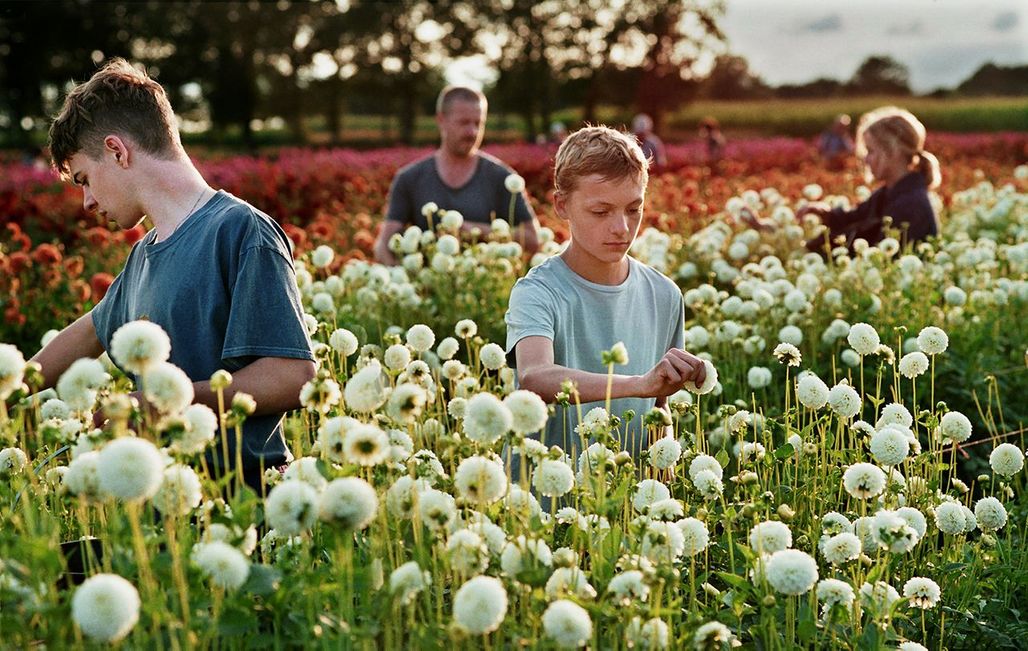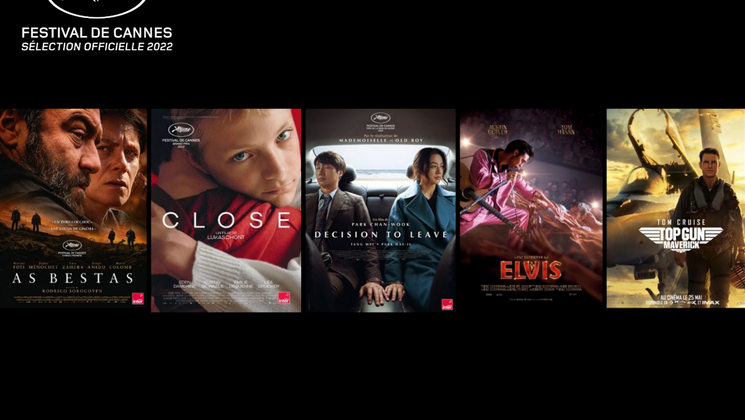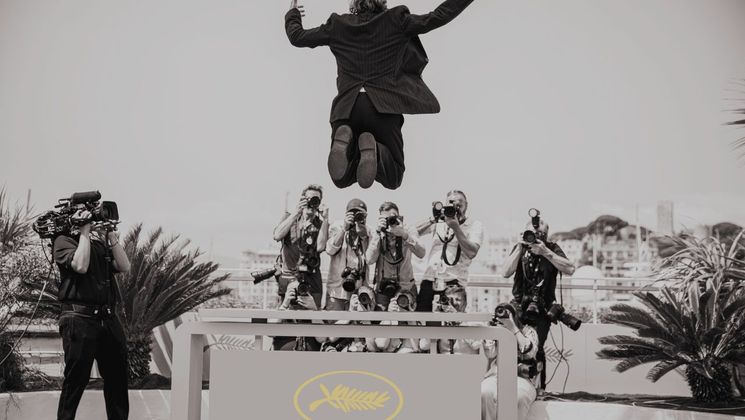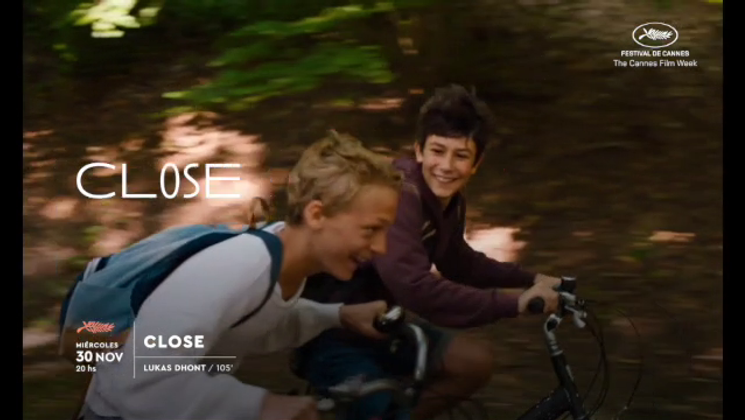
The 2022 Selection: autobiographical fiction triumphs

Autobiographical fiction, glazed and glossed with a veneer of narrative—events experienced by a writer or filmmaker, embellished with a splash of imagination. From light dashes of real life-inspired anecdote to unedited autobiography, many of the 2022 Selection directors tapped into their own lived experiences, weaving them into the narrative fabrics of their films. We take a closer look at a trend on the rise, and a phenomenon that may perhaps point to the enforced periods of quiet introspection brought about by the past two years' successive lockdowns.
Autobiography
There are directors who re-experience life events again and again, film after film, experimenting with autobiography in all its many facets throughout their career.
In Les Amandiers (Forever Young), in Competition, Valeria Bruni-Tedeschi offers up her fifth autobiographical film, an on-screen analysis of the self presented in studied chronological disarray. While 2007's Actrices explored the forty-something actor and director's life, this year's Les Amandiers (Forever Young) is a flashback to her years as a theatre student, when Patrice Chéreau directed the famous stage school of the same name.
Another director in Competition this year is Lukas Dhont, who also digs deep into his own life for his two films in Selection. In 2018, Girl's plot was based on a true story that the filmmaker stumbled upon in a newspaper clipping: the tale of a trans teenager who dreams of becoming a famous dancer. The young Belgian director had once harboured dreams of becoming a dancer himself before embarking on his career as a filmmaker. More broadly autobiographical is Close, his second and most recent film, in which a chapter from the director's life is dusted off and re-examined, exploring friendship and the fragile relationship between two thirteen-year-old boys.
Another film in Competition is James Gray's Armageddon Time, and it might just be his most intimate work yet, although the New York haunts of his childhood have already starred in many of his films (the Russian neighbourhoods of Little Odessa and Brighton Beach in Brooklyn in Little Odessa and Two Lovers). Armaggeddon Time is a film about childhood: that of a little Jewish boy growing up in a loving yet dysfunctional family in Queens, lifted directly from the director's own past.
Arnaud Desplechin couldn't have been more explicit in choosing the title for his Frère et Sœur (Brother and Sister). In this film in Competition, the French director continues his efforts to analyse sibling relationships, work he started in his fifth film Kings and Queen (2004). Once again, he sets out to investigate the relationship between two creatives who grew up in Roubaix, a brother and his older sister, the writer Marie Desplechin.
Inspiration
Some directors sprinkle their films with a dusting of lived experience, barely perceptible in the backdrop.
In Un Petit Frère (Mother and Son), Léonor Serraille draws inspiration from the father of her children's life, when he moved to France from Sub-Saharan Africa as a child. In Competition, the film reflects on her feelings as a mother towards her own family.
In Un Certain Regard's Les Pires (The Worst Ones), directors Lise Akoka and Romane Gueret mine their former lives as casting directors and coaches for children to build the narrative for their first feature film, telling the tale of four struggling teenagers in Boulogne-Sur-Mer who have been cast for a film.
In L’Innocent (The Innocent) at Cannes Première, Louis Garrel steps behind the camera for the fifth time to bring us a pacy, action-packed drama with a rom-com feel, inspired by a childhood experience, when his own mother fell in love with a criminal offender. While not strictly autobiographical, his previous environmental film The Crusade (La Croisade) screened in Cannes in 2021, and centred around a fictional relationship between Laeticia Casta and Louis Garrel—an off-screen couple in real life.


